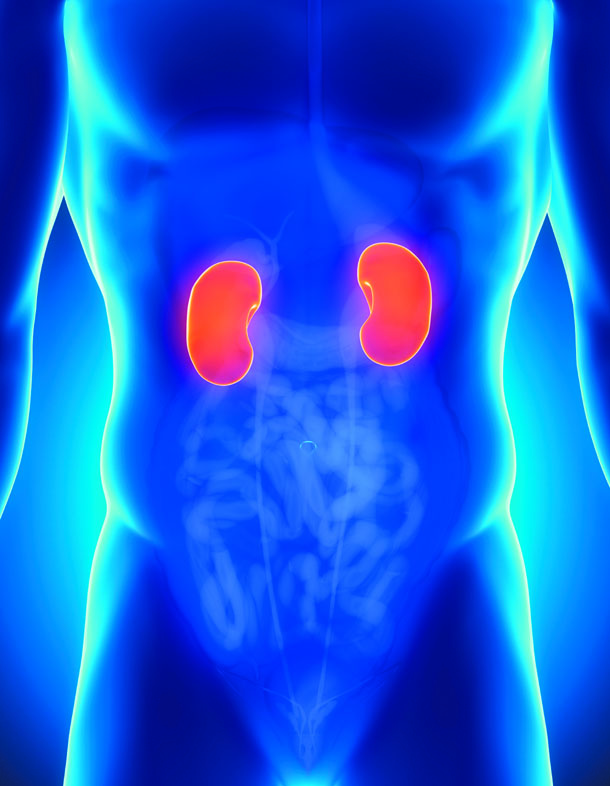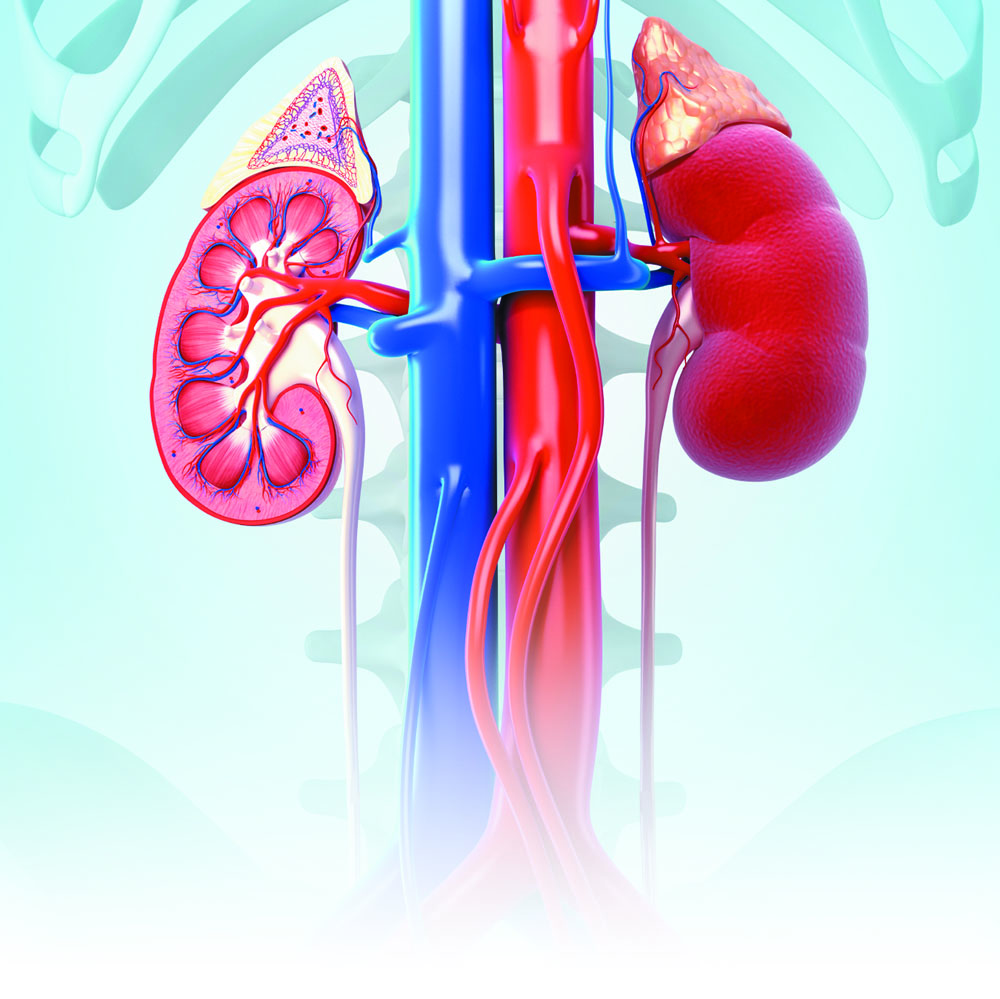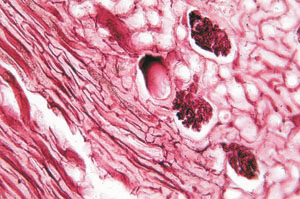ith the prevalence of chronic kidney disease (CKD) increasing by 16% in the last 10 years and with 1 in every 6 people in the United States having chronic kidney disease, the importance of knowing your kidney function is vital to your long term health. The increasing incidence of CKD is largely related to the increasing number of people with diabetes, high blood pressure, advanced age, and obesity in the general population. This means that almost 20 million Americans have CKD. With kidney disease being often preventable and more treatable the earlier it is found, having regular discussions with your family doctor about your kidney function can add years to your life.
Type 1 and Type 2 Diabetes. Diabetes causes damage to and inflammation of the small filters which make up the kidneys. This leads to diabetic nephropathy, the leading cause of CKD in the United States.
Obesity. Unfortunately, there is no magic pill for this. Try to maintain a healthy weight and incorporate aerobic exercise four times weekly.
High Cholesterol. Eat a low fat diet, avoiding butter and fried foods. If your doctor tells you your bad LDL cholesterol is over 100 or your good HDL cholesterol is less than 45, discuss whether fish oil or presciption medication to improve these numbers is right for you.
NSAIDS (Nonsteroidal Anti-inflammatory Drugs). These include ibuprofen (Advil or Motrin), naproxen (Aleve), and aspirin. Do not take these medications regularly without the knowledge of your family doctor. Also, when taking these medications, make sure you drink plenty of water. Many other medications can also affect kidney function, but NSAIDS are the most commonly abused.
Obstruction of Flow. This can be caused by stones, an en-larged prostate or cancer.
Polycystic Kidney Disease. This is an inherited disease which causes large cysts to develop in the kidneys. If you have a family member who has been diagnosed with kidney disease, you should be screened.
Glomerulonephritis. This is damage to and swelling of the filters that make up the kidneys. This is most com-monly caused by the body’s immune system getting confused. The immune cells that were made to fight infection then attack the kidneys instead and cause damage and loss of function.
Hypertension. Talk with your family doctor about keeping your blood pressure less than 125/75 and avoid salt and caffeine in your diet.

Chronic Illness. If you are being treated for any chronic illness, you should have your kidney function checked regularly. Your family doctor will tell you how frequently to be checked based on your diagnosis and the severity of your illness.

Disease include:
- High Blood Pressure
- Swelling of Face, Hands, and Feet
- Frequent Urination
- Fatigue
- Poor Appetite, Nausea, or Vomiting
- Shortness of Breath
- Easy Bruising
- Pale Skin
- Itching
- Bone Pain or Fractures
- Chest Pain
- Headaches
- Erectile Dysfunction

An excellent measure of your kidney function can be obtained with a simple blood test and a urine sample. These tests measure how fast your kidneys remove toxins or waste products from the body. They also make sure the kidneys are saving or hanging onto to proteins that are good for your body. Because the kidneys do such a good job of compensating for damage to their function, kidney disease can progress to a state where minimal kidney function is left without a person having symptoms. This is why regular follow-up with your family doctor is so important in maintaining good kidney health.
If decreasing kidney function is caught early, these symptoms can often be prevented or delayed. The National Kidney Foundation has a helpful website for learning more about kidney disease at www.kidney.org and a hotline for patients, family members, and caregiv-ers at 1-855-NKF-CARES (653-2273). Also, go to the American Academy of Family Physicians website www.familydoctor.org and type “kidney” in the search box for more great information.



